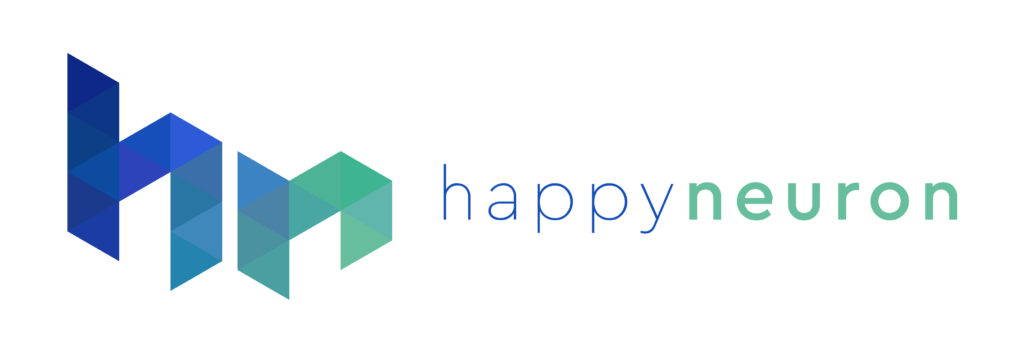Inductive Reasoning
Inductive reasoning is the ability to see relationships between particular instances to form a general conclusion. Here are a few examples of this:
- Every spring, I get congestion and a cough. I’m probably allergic to pollen.
- I leave for work at 8:00 every day, and I’m always on time. I’ll be on time if I leave for work at 8:00 today.
- The train tracks lead to the north. The train that is passing must be heading north.









